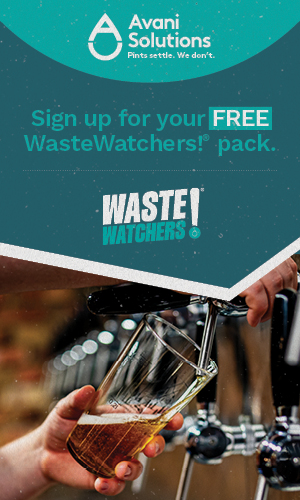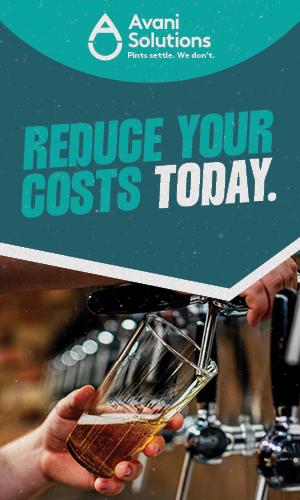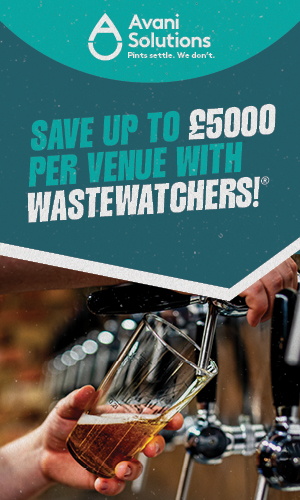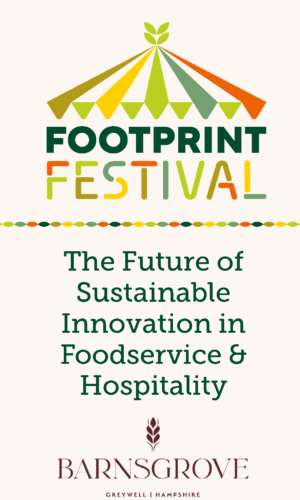Food businesses rely heavily on flexible plastics but is enough being done to recycle them? By David Burrows.
When it comes to plastics, the softer they get the harder they are to recycle. And that presents a major issue for the food sector, which relies heavily on this lightweight packaging. A quarter of all consumer plastic packaging is flexible, but just 6% is currently recycled.
Consider the most recent update from the UK Plastics Pact, which noted that the “limiting factor” to progress against the targets remains action on this kind of packaging. Some 64% of the packaging placed on the market by members is recyclable, and of the remaining 36% that isn’t it is the films that dominate: PP (polypropylene), 8.2% and PE (polyethylene), 7.5%.
These are also the polymers that tend to be bundled up and shipped abroad for other countries to deal with. As Paul Foulkes-Arellano from Circuthon Consulting says: “There is only ever demand for PET (polyethylene terephthalate) and HDPE (high density polyethylene) (and PP (polypropylene) to a certain extent) so export markets are sought for everything else – especially flexibles where there is close to zero demand.”
China used to gobble a lot of this waste up, so when it shut the door to pretty much all such plastics in 2018 prices slumped. Wrap’s Plastics market situation report 2019 details how LDPE (low-density polyethylene) film fell 50% to £175 per tonnes. Other low-grade plastics – for example pots, tubs and trays and carrier bags – also experienced sharp declines.
Since then exporters have been scrambling to find new places to put these plastics. But no sooner had doors to imports widened in places like Malaysia, they began to close again. “If people want to see us as the rubbish dump of the world, you dream on,” said Malaysia’s environment minister Yeo Bee Yin in January last year.
Turkey – an OECD country that struggles to achieve double-digit recycling rates – has stepped into the fold. Exports of plastic from the UK to Turkey have rocketed of late. Of the 537,000 tonnes of plastic waste exported in 2020, 39% went to Turkey, according to data from Greenpeace. Malaysia was still taking 12% and Poland 7%.
Each of these countries has been beset with issues of illegal dumping of some of this waste.
There was the investigation by Greenpeace in May, for instance, that showed plastic from UK supermarkets was being burned by roadsides in Turkey. The country has tightened its export rules three times since, which could lead to stockpiling of materials here. The other option is to burn it in energy-from-waste facilities here – as the Recycling Association has reportedly suggested might be the case.
Or we could go looking for other potential importers – a process which Greenpeace has likened to a game of pass the parcel but with plastics. However, these parcels tend to be hard to hold on to.
Models published in September by academics in Ireland showed how plastic recycling in Europe is a “pathway for plastic debris in the ocean”. The UK actually had “the greatest percentage of exported PE estimated to end as ocean debris” in Europe (5%); plus the lowest share of PE being recycled (69%).
The findings were damning but the authors said they shouldn’t discourage people from recycling. Indeed, new research from the University of Sheffield suggests there is strong consumer demand for recycling flexible plastics: 95% of participants said they would be willing to do so.
The findings were published in May at the same time as a new £1m flexible plastic fund was launched. Led by producer compliance scheme Ecosurety, and backed by Mars UK, Mondelēz International, Nestlé, PepsiCo and Unilever, the fund will guarantee a minimum value of £100 per tonne of recycled product to incentivise recyclers to process flexible plastic (a bit like the one designed to encourage collection of coffee cups). Ecosurety’s experts have described it as “a lovely bit of voluntary EPR in action, providing money to the waste system to increase collection and recycling”.
Wrap is also trying to stimulate action on flexible plastics through its Plastics Pact agreement. Last summer it launched a roadmap and pact members are soon due to report on the reviews they’ve done of their flexible packaging. Kerbside film and flexible trials are due to start in the autumn.
Currently, just 16% of UK local authorities collect flexible plastics. The government has proposed mandatory collections by 2027 as part of its live consultation on consistency in household and business collections. It has also promised to clamp down on issues with exports – a ban on exports to non-OECD countries was in the 2019 Conservative manifesto and powers for this are in the environment bill. There are caveats though and a consultation on the plans due anytime now will see pressure rising to see all exports banned.
A full ban on exports is a nice idea but practically impossible in the near-term. Even some campaigners I have spoken to in the past 12 months have suggested it is a shock to a system that is already under strain. A gradually introduced ban might gain more support (indeed, the British Plastics Federation’s 2030 roadmap outlines how to “eliminate reliance on low quality exports of plastic waste in the next 10 years and more than halve the amount of plastic waste being exported”).
Exports of flexible plastic in particular will continue and more scandals will surface. This month’s involved bags and flexibles collected at supermarkets – an investigation by Ends Report suggests the scheme needs to be scrutinised far more closely with little transparency about where the materials are ending up and whether they are being recycled.
Following the chain for flexible plastics from collection to end destination is not easy – but businesses should understand that campaign groups and journalists will continue to try and do so. Every bag, bottle or wrapper they find burnt, buried or washing into waterways adds fuel to the anti-plastic agenda and makes consumers doubt their efforts. Every part of the chain therefore needs to work harder on delivering sustainable solutions for soft plastics.







